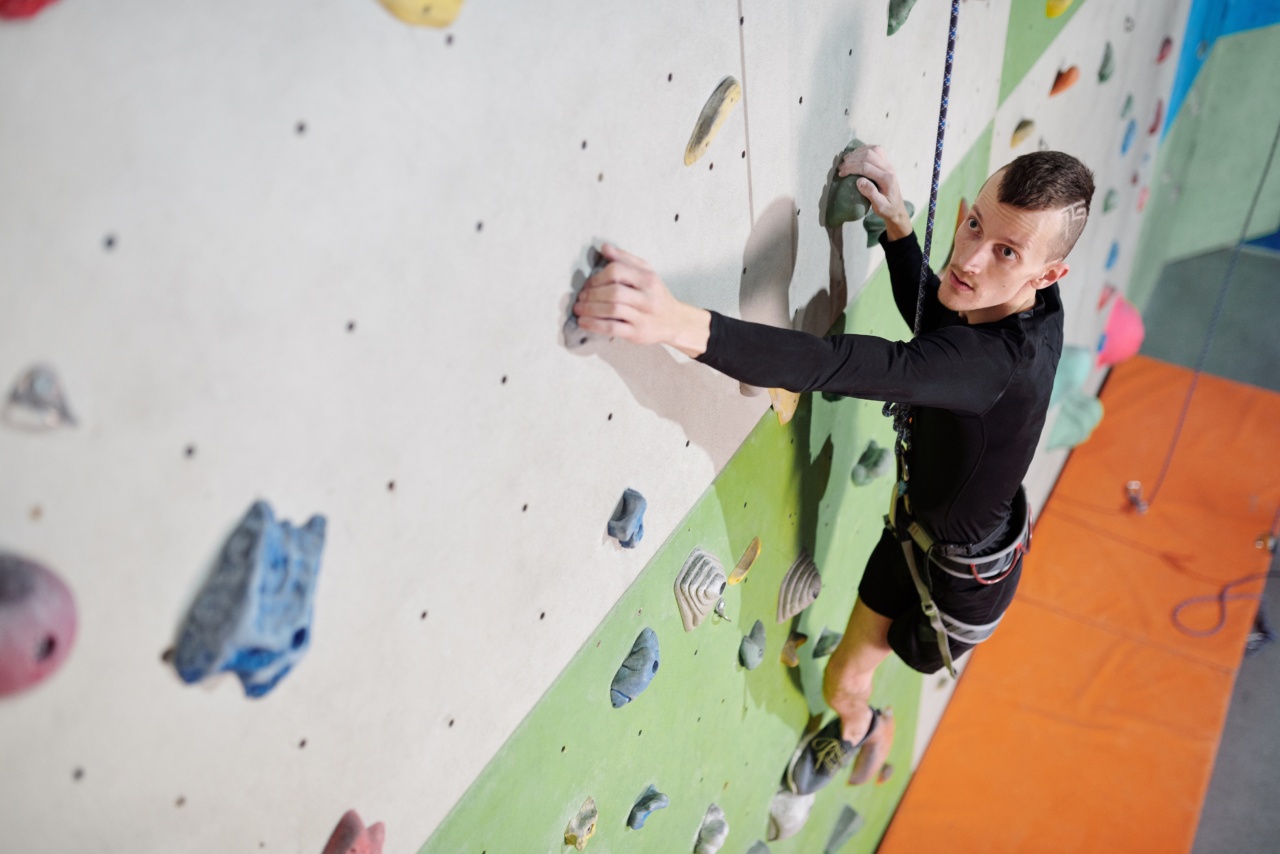It is a widely known fact that a good night’s sleep is vital for our overall health and well-being.
However, what most people fail to realize is that lack of sleep can have serious consequences on our immune system and make us more susceptible to infections and diseases, including the Koroneovirus (COVID-19). In this article, we explore the science behind this phenomenon and discuss how lack of sleep can heighten your risk of contracting the virus.
What is Koroneovirus?
Koroneovirus or COVID-19 is a respiratory illness caused by the SARS-CoV-2 virus. The virus was first identified in Wuhan, China in December 2019 and has since spread across the globe, resulting in a global pandemic.
The virus spreads through respiratory droplets when an infected person coughs, sneezes, talks, or breathes. Symptoms of COVID-19 can range from mild to severe and include fever, cough, fatigue, and difficulty breathing.
The Link Between Sleep and Immunity
Sleep plays a crucial role in maintaining a healthy immune system. When we sleep, our body releases cytokines, a type of protein that helps our body fight off infections and inflammation.
Lack of sleep can disrupt the production of cytokines, making our body more vulnerable to infections and diseases. In fact, research shows that people who get less than six hours of sleep a night are more likely to get sick than those who get seven or more hours of sleep.
How Lack of Sleep Affects Your Immune System
Lack of sleep not only affects the quantity of cytokines produced in our body but also the quality of cytokines. When we are sleep-deprived, our body produces more inflammatory cytokines that can cause damage to our body’s tissues.
Inflammatory cytokines can also interfere with the production of antibodies and T cells, which are essential components of our immune system’s defense against infections.
In addition to affecting cytokine production, sleep deprivation can also weaken the barrier function of our skin, making it easier for pathogens, such as viruses and bacteria, to enter our body.
This can increase our risk of contracting diseases, including the Koroneovirus.
The Connection Between Sleep and Stress
Stress and lack of sleep are closely linked. When we are stressed, our body activates the sympathetic nervous system, which triggers the fight or flight response. This response can make it difficult for us to fall and stay asleep.
Conversely, sleep deprivation can also increase stress levels in our body, creating a vicious cycle that can be harmful to our health.
The Importance of Good Sleep Hygiene
Given the crucial role that sleep plays in maintaining a healthy immune system, it is important to prioritize good sleep hygiene. Good sleep hygiene refers to a series of habits and practices that promote healthy sleep and improve sleep quality.
Some of the recommended practices include:.
- Getting at least 7-9 hours of sleep per night
- Establishing a regular sleep routine and going to bed at the same time every night
- Avoiding caffeine, alcohol, and nicotine close to bedtime
- Avoiding electronic devices, such as smartphones and laptops, before bedtime as they emit blue light that can interfere with sleep
- Creating a comfortable sleep environment, including a cool temperature, comfortable mattress, and dark and quiet room
Conclusion
While the Koroneovirus continues to wreak havoc across the globe, it is important to remember that we can take steps to protect ourselves from the virus.
One of the most effective ways to reduce our risk of contracting the virus is to prioritize good sleep hygiene. By getting enough sleep and improving sleep quality, we can strengthen our immune system and make our body more resilient to infections.































